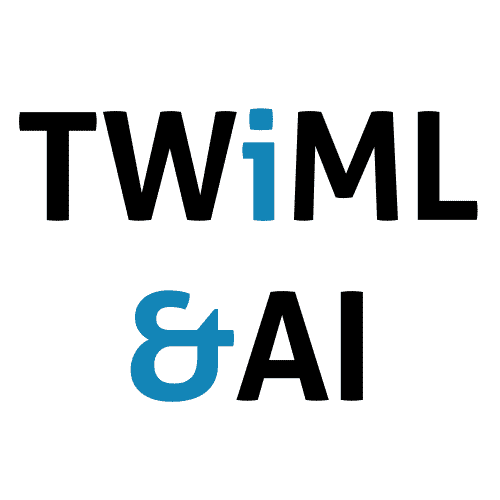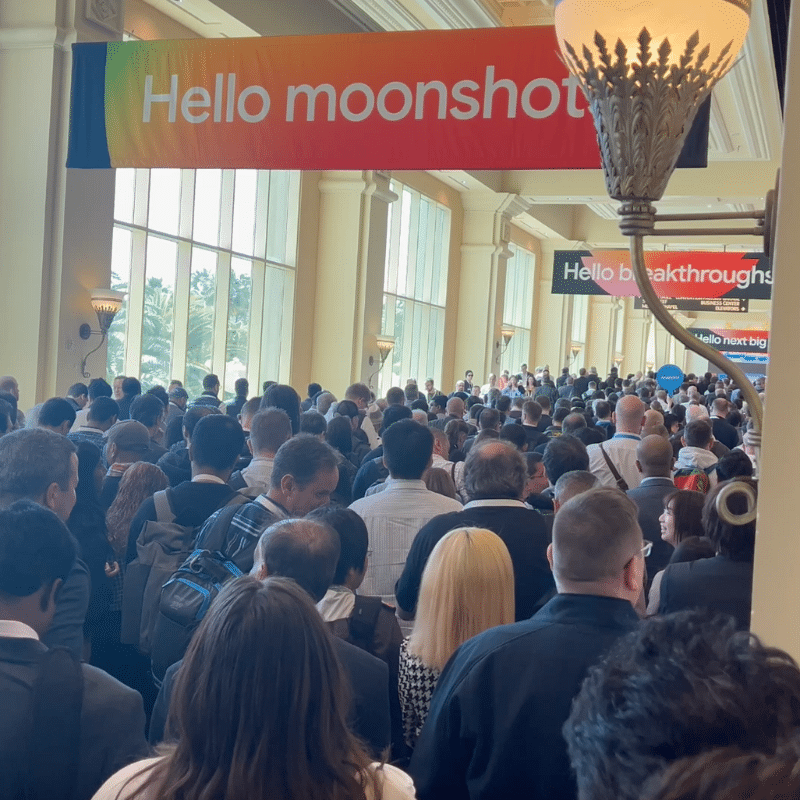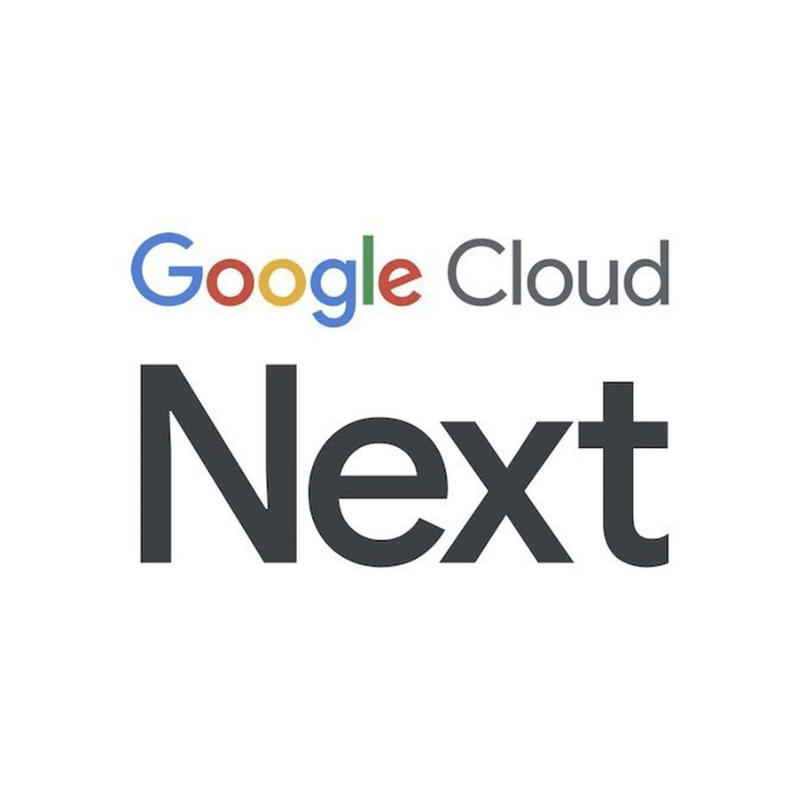This week Prisma Labs released their new app, Prisma, that seeks to bring generative AI to the masses. This is an app that allows you to apply filters to your pictures that renders them in the style of famous artists like Van Gogh and Picasso. If this sounds familiar that’s because it should… We discussed the paper that this is based on which is called “A Neural Algorithm of Artistic Style” back in the beginning of June, in the same show we discussed Google’s Magenta project and some other developments in the field of generative artistic AI.
The examples I’ve seen of the Prisma app look pretty cool, and I’d love to play with the app personally but they‘ve only got iOS and I’ve only got Android, so we’ve reached an impasse of sorts.
There was an interesting Twitter debate about the broader significance of the app, suggesting that it’s perhaps the biggest stand-alone consumer success of deep learning to date. That may be the case, but I think the deep learning based features in Google Photos for example are more impactful to more people.
At the end of the day, though, the average consumer has no idea that what Prisma is doing is any more complicated than applying a typical Instagram feature, and I think that’s the beauty of what they’ve built. I expect to see more of that, a lot more, in the future.
This week saw several financial transactions in the machine learning and AI space.
eBay announced the acquisition of Israel and San Francisco-based SalesPredict, a company that applied machine learning to challenges faced by sales, marketing and support organizations. These guys were a client of mine and I’m super excited for them. According to the company’s former CEO, Yaron Zakai-Or, the Sales Predict team will shift gears a bit to focus on helping give eBay sellers more information about the value of items, to allow them to sell more. eBay has been on a bit of an AI buying spree, acquiring another startup, Expert Maker, back in May.
Another machine learning company, Seattle-based Amplero, announced this week an $8 million raise. These guys are focused on a similar space as SalesPredict actually, but with a B2C angle as opposed to B2B. All of the press I’ve read about this company, as well as the company’s own web site, left me intrigued, but also sad and confused. The VentureBeat article for example says the company’s product “uses machine learning to test thousands of marketing permutations constantly, ensuring that the right message is delivered to the right users at the right time, and via the right channel. The solution then chooses the winning permutations, working in concert with your existing marketing technology stack to make the relevant changes on the fly.”
What the heck is a marketing permutation? It sounds like they’re talking about testing marketing messaging which we’ve been doing via A/B or Multivariate testing for a long time. Perhaps these guys should win the AI-Washing of the Month Award. (Ok, side note… should that be a thing? I think it’d be kinda fun. But actually there’s no way these guys would beat the beer company we talked about last time.) That said, the CEO, a guy named Olly Downs, has 29 patents in areas like Bayesian Prediction and Statistical Estimation so chances are this is more an issue of confusing marketing than the lack of a technically sophisticated product.
Also, UK-based machine learning statup FiveAI raised a $2.7 million seed round to develop an autonomous vehicle platform.
Final note in Business, an update on the AI Culture Wars in Silicon Valley which has apparently turned into the AI Publicity Wars in Silicon Valley. Yes, all the powers that be in the Valley are now in an all out race to get their AI story out there. Last week I talked about the exclusive that Microsoft gave to The Verge. Well, the big story this week was about Facebook’s Big Sur, which was covered by The Verge, MIT Technology Review, Mashable, CNET and more. If you wondered what the news was, I can assure you absolutely nothing. Facebook invited some journos up for a press tour of their Prineville, OR data center, and the result was a bunch of stories about the companies massive AI brain. It’s hard to tell if it was Facebook or the press doing the AI washing here, but the former did make it a point to talk about Big Sur, the server they designed with Quanta and nVidia, the design of which was open sourced and contributed to the Open Compute Project back in December of last year.




